Which Metals Can Metal Detectors Detect?
Metal detectors are excellent devices for finding hidden metal treasures, but before you start hunting, it’s good to have an idea of what metals your detector can and cannot find.
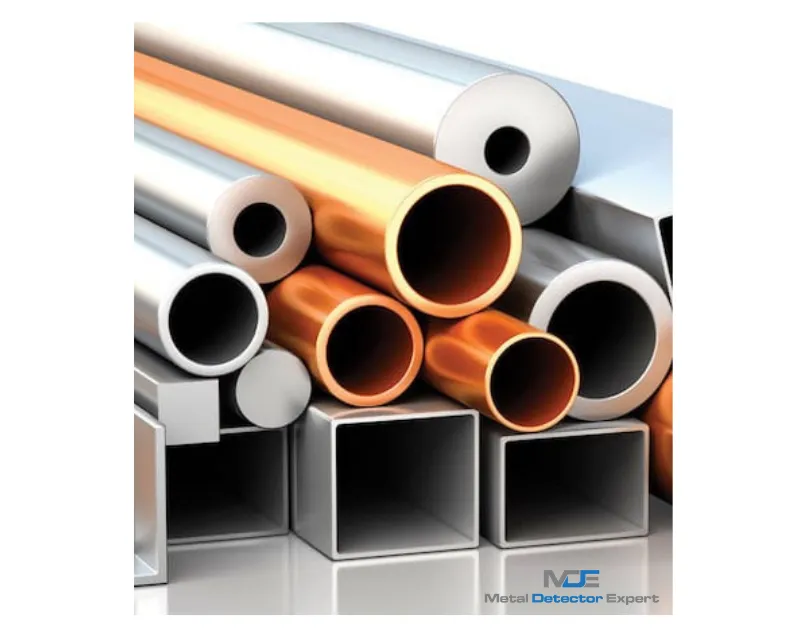
Metal detectors can detect ferrous and non-ferrous metals such as; aluminium, brass, steel and gold to varying different levels with some being more conductive than others.
In our short informational guide below we will discuss the types of metals there are, how different metal detection works, the non-ferrous types of metals and ferrous metals which can be detected and how to tweak the sensitivity settings on your detector according to different metals.
What Types Of Metals Are There?
When we are looking at the different types of metals that can split them into ferrous and non-ferrous metals.
The difference between these two metals is that ferrous metals are the metals that contain iron, making them very conductive and easy to detect with a metal detector while the non-ferrous metals do not contain iron, some of these can be harder to detect, especially when mixed.
Which Types Of Metal Detection Are There?
Before we can get into looking at the different types of metals your metal detector can detect, let’s discuss the different detection methods that these devices have.
Pulse Induction
These types of metal detectors for finding metal are the newest and the most expensive, they work by sending pulses of electric current throughout the coils of the detector, they are great for using in soil with mineralisation but have a lack of discrimination settings.
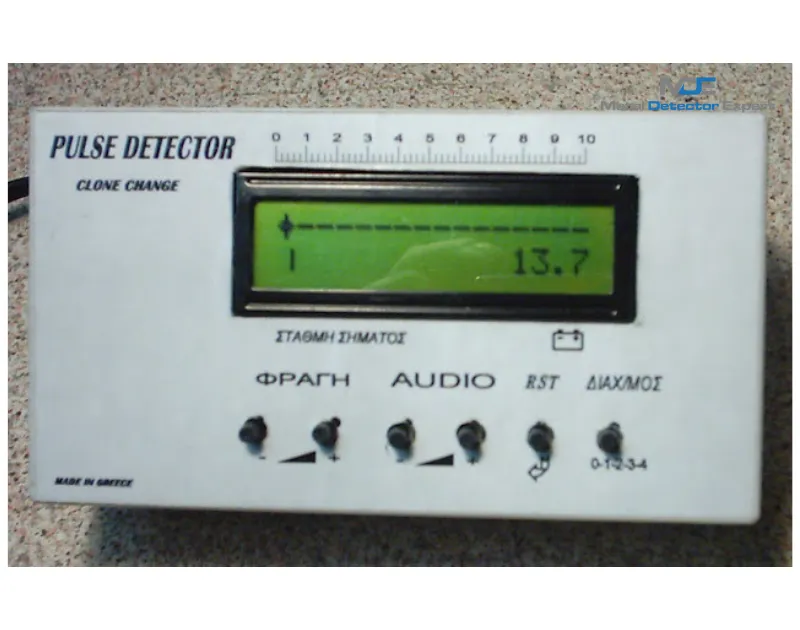
Very Low Frequency
This detection type is more common and affordable, it uses a phase shift between the transmitters and coils then measure them to see the time within the current returned. This type of detector is not good for use in saltwater but has excellent sensitivity settings.
Non-Ferrous Metal Types
Now we know the main two types of detection methods for metals we can get into learning about each type of metal that your detector can find and its properties.
Gold
Gold is a non-ferrous metal type that can be detected by a metal detector, you could potentially find high gold value items when hunting but they are not the most common or conductive to find, for this it might be worth investing in a special gold metal detector.

Aluminum
Aluminium is one of the metals you will find a lot of when detecting, from aluminium foil to aluminum cans, it can start to get annoying, but it is possible to find unique items such as tags.
Brass & Copper
Brass and copper metals have been around for very long periods and date way back to Roman times, these metals might not be worth a lot in themselves but you could find some interesting relics.
Zinc
Zinc is a rarer metal, but there was a time it was mixed with gold to make coins, so you might get lucky! If not gold coins you can also find other objects such as metal roofs or washing machine parts.
Lead
Lead is one of the hardest metals to find with a detector due to its low conductivity, only higher quality detectors will be able to find these metals such as PI ones, you will need a low-frequency type for larger lead items and a high-frequency type for smaller lead items.
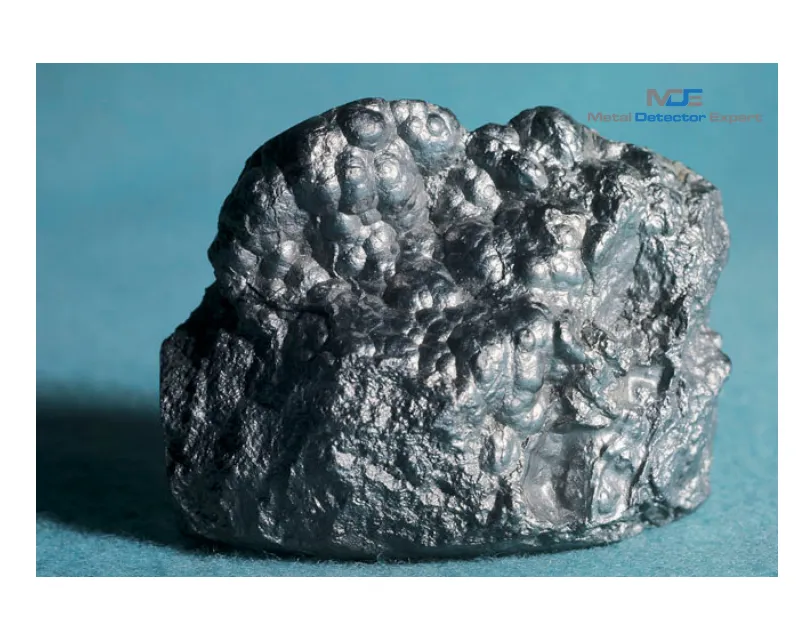
Silver
Finding silver is very exciting when detecting and easy to pick up, you could find silver coins, medallions, buttons or tokens, some might also be of high value!
Nickel
Some high-quality metal detectors can detect Nickel although not easy, you could potentially find meteorites or coins made of nickel.
Tin
Tin inevitably can be picked up when metal detecting but is mostly trash and not of much use, you can always change the sensitivity on your detector to ignore tin items.
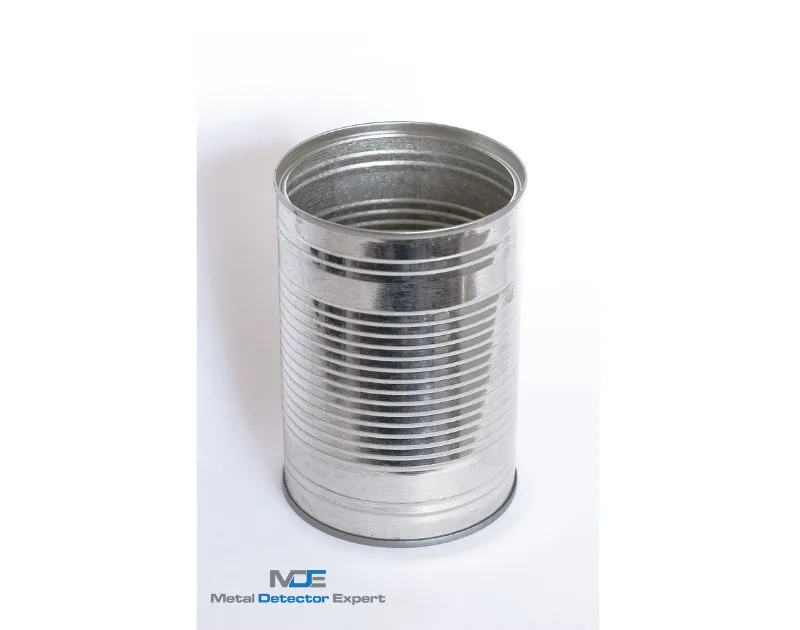
Ferrous Metals
Ferrous metals consist of iron and steel, you can detect these items with ease due to their high conductivity finding items such as cast iron pots and pans.
What Can My Metal Detector Not Detect?
The only items that could be found when hunting that a metal detector cannot detect are; bone, paper, gemstones, pearls and stone.
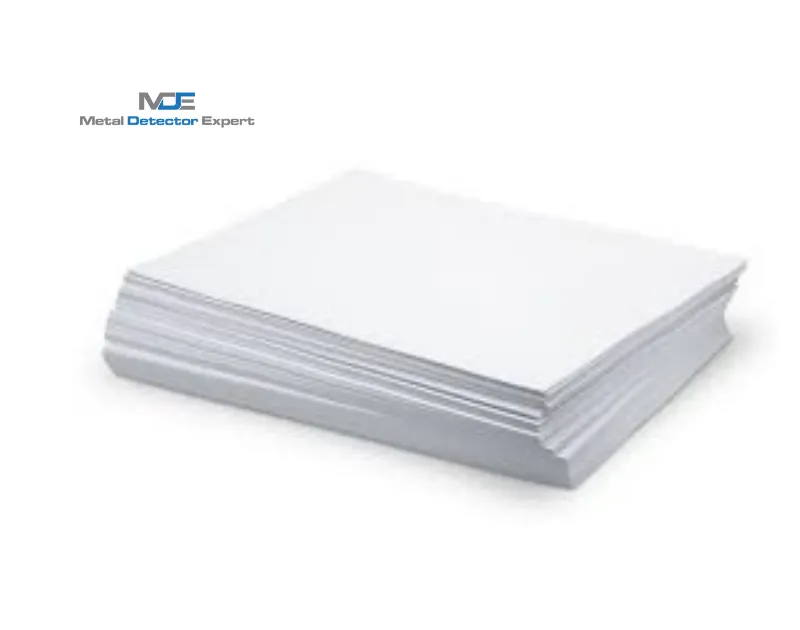
How Do I Use Discrimination On My Detector For Different Metals?
Since metal detectors can detect a wide array of metals, it’s important to narrow down the type of metal your looking for to stop the detector from getting overwhelmed.
You can do this by changing the discrimination settings on your detector to filter out certain metals through phase shifts, for example, silver has a very big phase shift. You should also take into account the size and depth of an item can change discrimination.
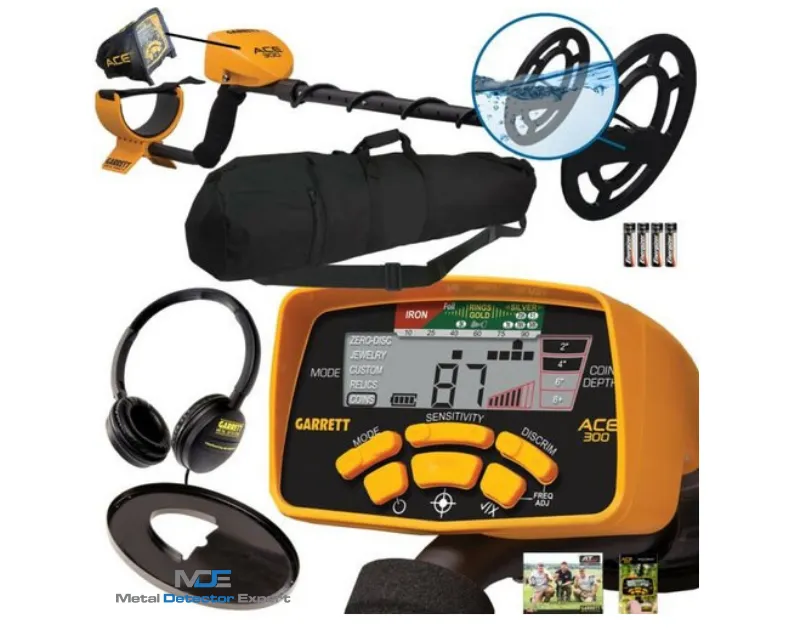
Last Words
Overall, metal detectors can detect both non-ferrous metals such as gold, copper and silver as well as ferrous metals like iron which is easier to detect due to the high conductivity. If you want to filter out looking for certain metals we would suggest adjusting the discrimination settings on your detector.
